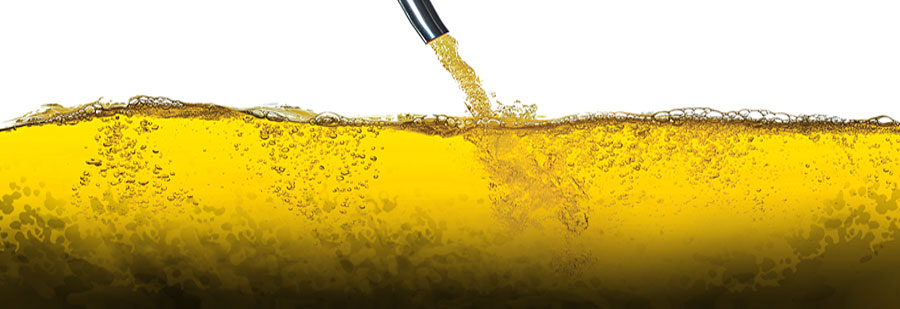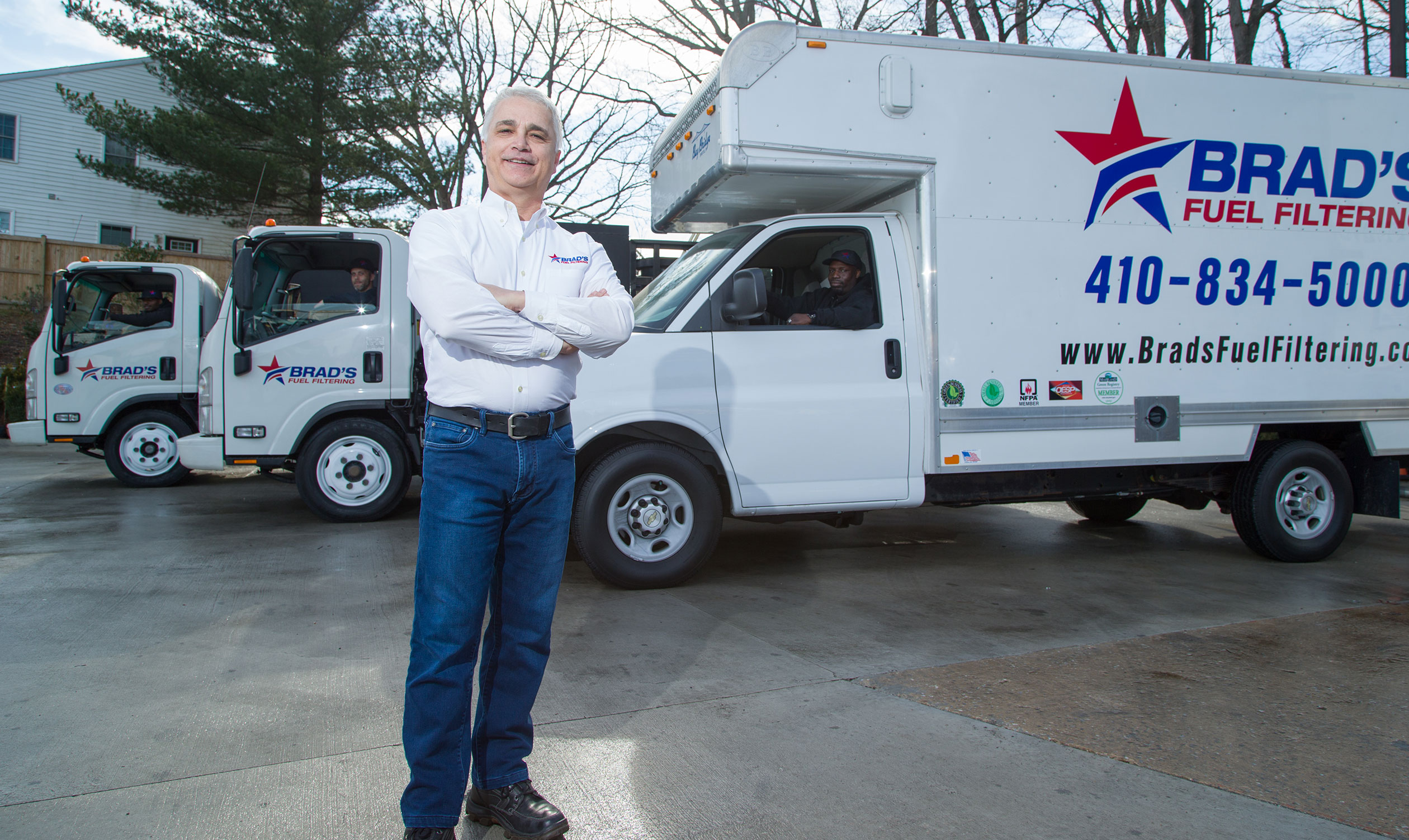 All fuel becomes contaminated over time, sometimes even before you buy it. Fuel becomes contaminated because of two primary reasons, refining and storage.
All fuel becomes contaminated over time, sometimes even before you buy it. Fuel becomes contaminated because of two primary reasons, refining and storage.
The refining industry has developed increasingly sophisticated cracking methods to achieve higher yields of gasoline and diesel fuels from crude. While economically desirable, today’s fuels are far less stable than those of even a decade ago. The effect is an increase in the incidence of bacteria, sludge, and emulsion. Water dispersing additives also create an emulsion that is recognized by the water separators as fuel, but to the engine it is water and this leaves you with a poorly functioning engine.
All storage tanks are vented to the atmosphere. During storage and transport, fuel is exposed to oxygen, particulate contamination, humidity, and airborne bacteria and spores. Water collects on the bottom of the tank and creates an environment perfect for the proliferation of bacteria. If fuel is left unchecked, slimy deposits pitting, and tank corrosion will occur.
Fuel left untreated will cause blocked fuel lines, dirty nozzles and injectors, clogged filters and loss of engine combustion.

